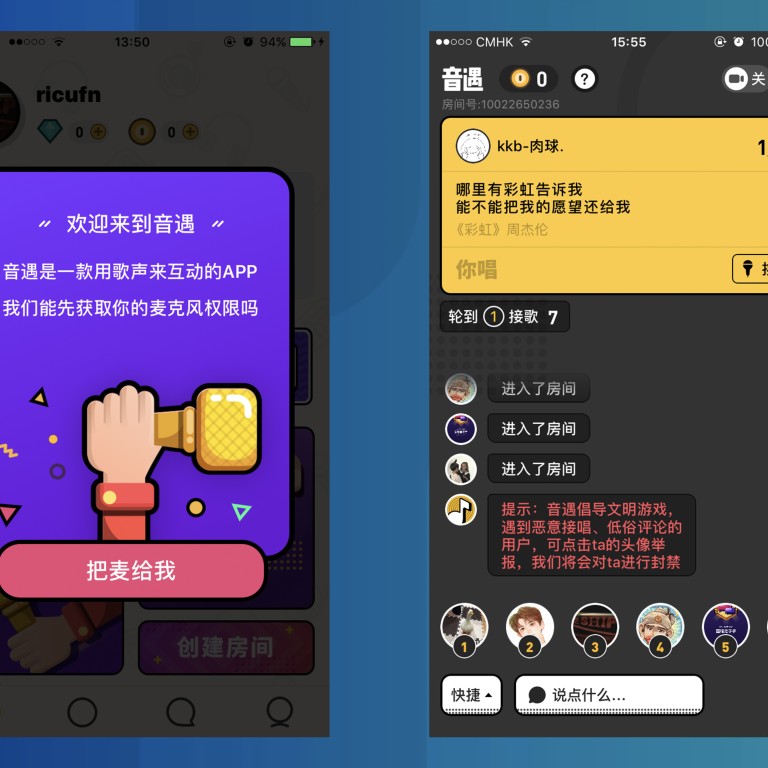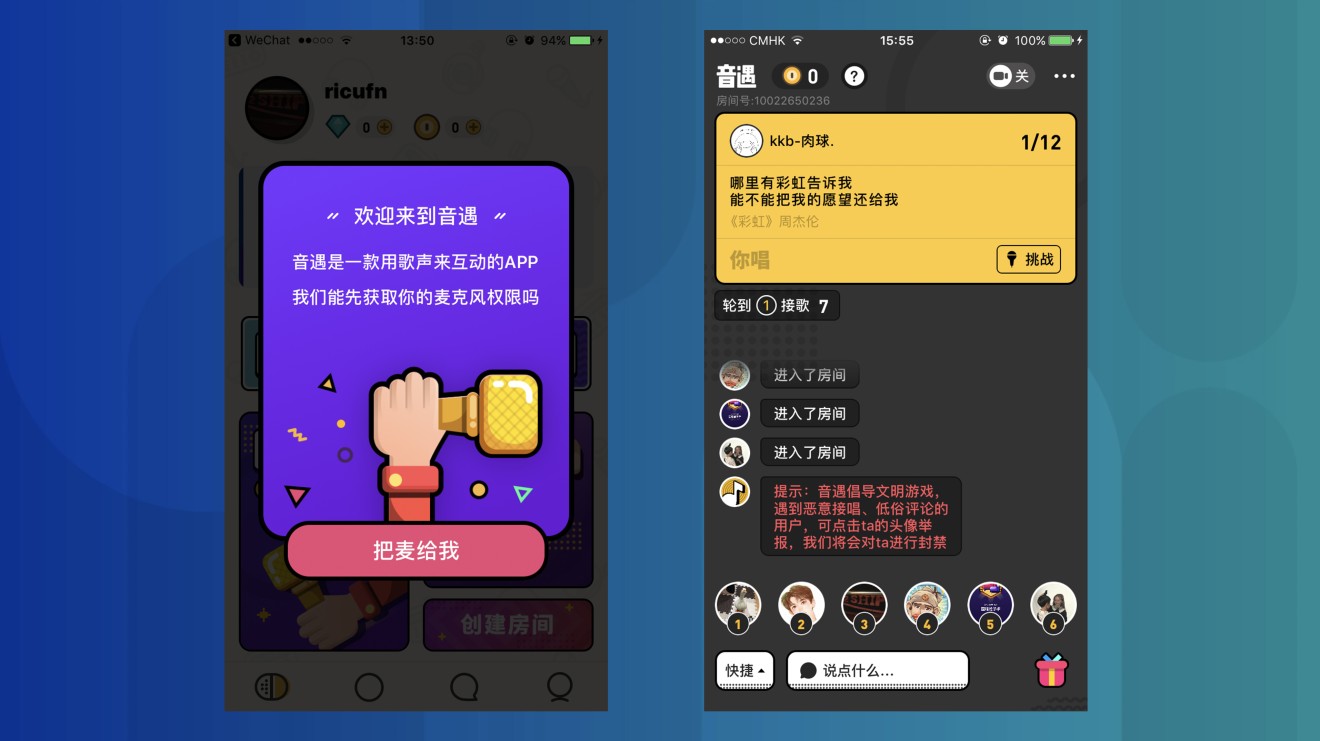
WeChat isn’t cool enough for kids anymore so China’s viral king is planning a competitor
WeChat’s dominance is both a trigger to create contenders and the reason they never succeed
WeChat has an absolute stranglehold on smartphones in China. But now many people are betting that there is room for other social apps.
China’s viral king ByteDance is the first major Chinese tech player that made a mark on the world
We have yet to receive a comment from Bytedance about the app, and there isn’t any detail about it from the Chinese reports.
Yinyu, for example, has been one of the most popular apps among young people lately. Literally meaning “voice encounter”, the app matches users for a karaoke contest -- challenging users in a “chat” room (singing room?) to compete to sing the next verse displayed by the app. Launched in September, the app has been among the top five of the social networking category on China’s iOS app store, and is currently ranking the 12th of all free apps.


China’s ‘Facebook for plastic surgery’ lets users speak to doctors and even pay for procedures on the site
For more insights into China tech, sign up for our tech newsletters, subscribe to our Inside China Tech podcast, and download the comprehensive 2019 China Internet Report. Also roam China Tech City, an award-winning interactive digital map at our sister site Abacus.
For more insights into China tech, sign up for our tech newsletters, subscribe to our Inside China Tech podcast, and download the comprehensive 2019 China Internet Report. Also roam China Tech City, an award-winning interactive digital map at our sister site Abacus.

